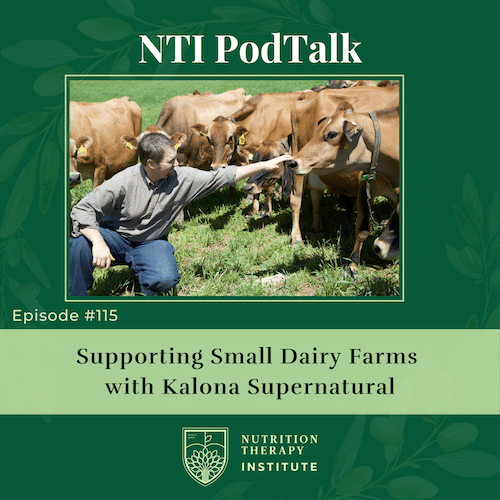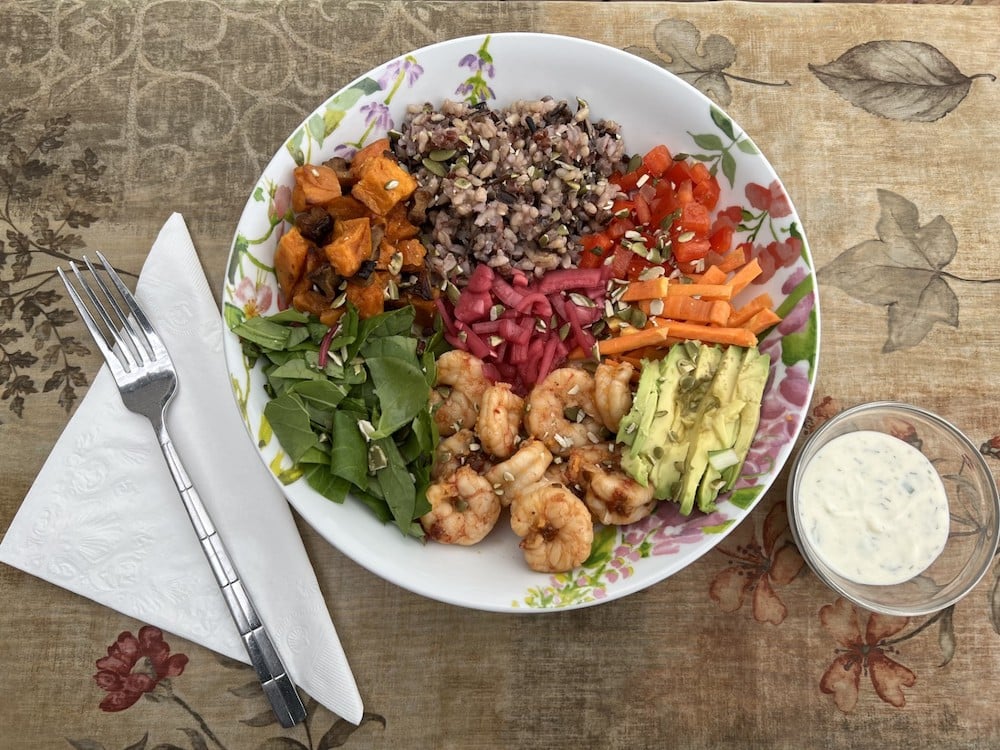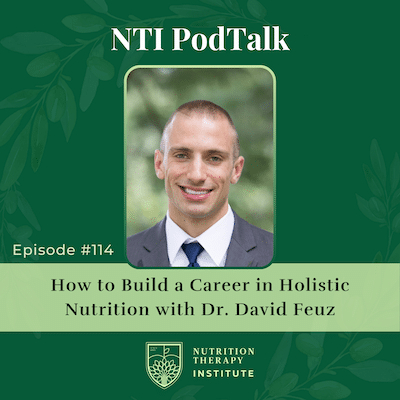
Share this post!
This blog isn’t about the newest trends, or fads, in weight loss. Instead, we’ll be talking about your hormones, especially cortisol and insulin, and how keeping them balanced will allow for your healthy body weight.
Since I mentioned ‘hormones’, you might think I’m talking about estrogen, progesterone and testosterone. Most people are aware of those hormones and how they impact health. However, in today’s blog, we’ll be talking about cortisol and insulin. It’s these two hormones that play a big role in the ability to maintain a healthy weight AND it’s these two hormones that are out of balance in most Americans. Once you figure out how to balance these two hormones, you are on your way to better health and better weight management.
What is cortisol and why should you care about it?
Cortisol is a hormone made in your adrenal glands that plays a key role in the body’s stress response. It is also necessary for fat burning and can even be anti-inflammatory in small doses. However, it also plays a key role in insulin release and glucose metabolism. (We’re going to tie cortisol and insulin together in just a minute.)
As you know, stress has definitely been on the rise for the past two years. Heck, every day that we dare to turn on the TV, there is more stress-inducing news. When we ‘hear’ stressful news our body automatically secretes cortisol as a stress response. You don’t have to do anything. The adrenal glands just secrete it. But, what happens when we secrete cortisol, unchecked, 24 hours a day/7 days a week? Well, studies show that people who secrete high levels of cortisol in response to stress tend to eat more food and that food is higher in carbohydrates. And you can bet those carbohydrates aren’t in the form of broccoli, spinach and sweet potatoes. Nope. It’s usually in the form of chips, bread, pasta, cookies, etc. Therefore, chronic cortisol secretion and unchecked stress can lead to weight gain.
What is insulin and why should you care about it?
Insulin is a hormone made in your pancreas and allows your body to use glucose for energy. Glucose is a type of sugar found in many carbohydrates. After a meal or snack, carbohydrates are broken down in your digestive tract and change into glucose.
That glucose is then absorbed into your bloodstream through your small intestine.
Once the glucose is in your bloodstream, insulin tells the cells to absorb the sugar and use it for energy.
It’s important to understand that insulin can be thought of as a ‘storage’ hormone. It stores sugar and fats for later use. Your body will release insulin in response to any rise in blood sugar, whether it’s due to eating (remember those carbs you just ate?) or to stress (remember the hormone cortisol?).
Cortisol and Insulin
Now, let’s tie cortisol and insulin together and determine why the imbalance in these hormones leads to weight gain.
As we mentioned above, when we become stressed, our body secretes the stress hormone cortisol. That hormone is one of the hormones that triggers the ‘fight or flight’ response….meaning when danger is lurking, we must fight the danger or safely run away from it. In order to do that, we will need a burst of energy to have the strength to fight or run.
It’s at this point that cortisol will send a signal to insulin saying ‘hey, I could use some energy here to ward off this danger.’ Insulin will then send the signal to release glucose for a quick burst of energy.
However, what happens when cortisol is constantly signaling insulin for a burst of energy?
Well, we aren’t really running, or fighting, so this excess insulin, which releases blood sugar, signals our body to put that excess sugar in storage. We can store some sugar in our liver and muscles, however, when these are full our body will store the extra sugar as fat. And, this is what starts the cascade of weight gain.
You will probably remember when we hit the 1-year mark of the pandemic there was a term that became popular – The Covid 15. That’s because some research showed that the average American gained 15 pounds in one year. However, other research showed the gain was more like 29 pounds. And, even worse, some research showed that 10% of people gained a whopping 50 pounds in the first year of the pandemic. Some of the gain was due to poor eating choices, to be sure. However, a good part of that weight gain was due to the incessant stress being heaped on us EVERY SINGLE DAY. And, of course, now that we are in this for over two years, the stress has not gone down….and neither has the weight gain.
READ MORE >>> Top 5 Easiest Ways to Balance Blood Sugar
Hope On the Horizon
The goods news is that there is hope on the horizon. We can’t do anything about what the outside world is doing…..but we can absolutely do something about how we respond to it.
Using key holistic health strategies will play a big role in managing healthy weight and we’ll discuss the nutritional aspects in a minute. However, it’s imperative to learn how to effectively deal with stress.
There are so many options. The sky’s the limit!
- Ride a bike
- Play your favorite music and dance around the house
- Enjoy coloring in an adult coloring book
- Meditate
- Exercise
- Go for a walk
It isn’t a luxury to ‘de-stress’, it’s a ‘must’. So, find something that you like to do and DO IT…..EVERY SINGLE DAY….like your life depends on it…..because it does.
Now that we’ve addressed stress management, let’s address nutritional health strategies to help balance cortisol and insulin levels.
Since our adrenal glands produce cortisol, let’s look at the foods that will help our adrenal glands function better.
The foods that wreak havoc on the adrenal glands include:
- Alcohol
- Caffeine
- Simple sugars
I’m not trying to add more stress by telling you to avoid these foods….but it is important to sincerely try to minimize your consumption of them.
The three foods that are super healthy for your adrenal glands are:
- Avocado (healthy fat that helps insulin regulation, too)
- Bone Broth
- Coconut (helps with insulin regulation, too)
Please do your best to add these foods into your daily nutrition routine. I’ve highlighted ‘bone broth’ and if you click on the hyperlink, you will find my own personal recipe for homemade bone broth. It is sooooo easy to make, as long as you own a crockpot.
Since the pancreas is responsible for healthy insulin production, let’s look at the foods that hurt and help.
The foods that really hurt healthy insulin production include:
- Processed foods (cookies, crackers, candies, etc)
- Sweetened drinks (whether regular or ‘diet’)
- Trans-fats (found in most pre-packaged foods)
Three foods that are super healthy for your pancreas and insulin control include:
- Beans (white beans also help balance cortisol levels)— this Vegetarian Antipasto Salad is a great way to sneak in some white beans!
- Cinnamon
- Fatty fish (like salmon and tuna and also helps balance cortisol)
Recap:
The hormone cortisol, made in the adrenal glands, will send a signal to the pancreas to release insulin in times of stress. This is great for an actual stress, because the body needs the insulin to release glucose for a burst of energy for the ‘fight or flight’ response. However, if the body is chronically stressed and constantly signaling for insulin and glucose, if the need for an energy burst is not really there, the body will just store these excesses as fat. (There’s really more to it than that. However, if you address stress and insulin response, you’ll come a LONG WAY to improving your health.)
If it seems that trying to create nourishing meals to help balance cortisol and insulin adds another level of stress, I hope you’ll reach out to an expert in Holistic Nutrition. They’ll be honored to guide you through the process and get your adrenal glands and pancreas working much better in no time at all. This will help shed those 15, 29 or even 50 pounds that crept on over the past two years.
Until then, here’s a simple recipe to get you started.
The BEST Stress-Reducing Recipe Ever:

Avocado, White Bean and Tuna Salad
Serves 4 (But in all honesty, my husband and I split this between the 2 of us…and there are rarely leftovers.)
Ingredients
1 can 12 ounces solid white albacore tuna in water, drained
1/2 cup diced red onion
1 can white/navy beans drained and rinse
1 cup cherry tomatoes halved
1 large avocado – peeled pitted, and cut into chunks
1 clove garlic minced
1 cup sweet canned corn drained and rinse – optional
¼ cup chopped basil and parsley
Dressing
1 garlic clove minced
¼ cup olive oil
2 tablespoon fresh squeezed lemon juice
2 tablespoon balsamic vinegar
1 tablespoon honey
2 tablespoon chopped fresh parsley and basil
Salt and fresh ground black pepper to taste
Instructions
Combine garlic, lemon juice, balsamic vinegar, olive oil, honey, salt pepper, herbs in a blender or screw top jar and shake or process until well blended. Serve dressing with salad.
Bon Appetit
Related reading…
Are the Weight Loss Drugs Taking the World by Storm Leaving You Deficient?
About the Author: Dr. Becky Spacke, teaches holistic nutrition courses at Nutrition Therapy Institute. In addition, she has a private practice, working with people at risk of developing Alzheimer’s Disease. You can learn more by visiting HealingFromAlz.com
Images:
- Image byi yunmai on Unsplash
- Larisa Blinova/Shutterstock.com
Share this post!


















